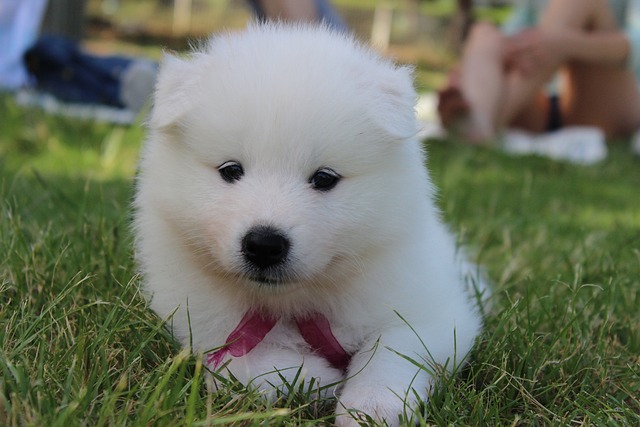
How do i train my dog to be obedient?
Watching your dog dart across the park ignoring your calls isn’t just frustrating—it can put them at risk near busy streets or public spaces.
Most new puppy owners start wondering about potty training the moment they bring their fuzzy friend home—and for good reason. The sweet spot usually hits between 8 and 12 weeks old, when puppies start to develop better bladder control and can connect actions to consequences. Before this age, their tiny bladders empty every 30 to 60 minutes, making consistent training nearly impossible; wait too long, and bad habits like going inside rugs can stick.
Timing matters more than strict schedules here. Right after meals, naps, or playtime, grab their favorite harness and head outside—many neighborhoods in the US and Europe have designated pet relief areas with waste bags, so use those. Praise them with a small treat (freeze-dried chicken works wonders) the second they go; this positive reinforcement builds trust faster than scolding, which just confuses young pups.
Don’t forget local rules, either. Most cities in North America and the EU require cleaning up after your dog—skip this, and you could face fines up to $200 in places like New York or Berlin. Some areas also have leash laws that apply even to tiny puppies during training, so keep them close until they’re reliable off-leash. If you rent, check your building’s pet policy too; HUD guidelines in the US protect service animals, but regular pets might have specific potty area rules.
 Every puppy is different, though. Smaller breeds like Chihuahuas might need more frequent breaks than larger ones like Labradors, since their bladders are tinier. If your puppy has an accident inside, clean it with an enzyme-based cleaner—regular soap leaves scents that attract them back to the same spot, undoing your hard work. Be patient; even the best-trained pups have off days, especially during teething or when they’re stressed.
Every puppy is different, though. Smaller breeds like Chihuahuas might need more frequent breaks than larger ones like Labradors, since their bladders are tinier. If your puppy has an accident inside, clean it with an enzyme-based cleaner—regular soap leaves scents that attract them back to the same spot, undoing your hard work. Be patient; even the best-trained pups have off days, especially during teething or when they’re stressed.
Starting between 8 and 12 weeks sets your puppy up for success, but consistency is key. Stick to the same spots, reward good behavior quickly, and follow local laws to keep your community happy. With time, your puppy will learn to signal when they need to go—whether it’s pawing at the door or whining—and you’ll both feel more confident out and about.
There’s no need to stress if your puppy isn’t perfect right away. The goal is to build a routine they understand, not to have a flawless dog overnight. By focusing on that 8-12 week window, using positive rewards, and staying compliant with local rules, you’ll turn potty training from a chore into a chance to bond with your new best friend.

Watching your dog dart across the park ignoring your calls isn’t just frustrating—it can put them at risk near busy streets or public spaces.

New puppy owners often find themselves rushing to clean up accidents before they set in, and that’s where puppy pad training becomes a game-changer.

If you've noticed your dog's waistline disappearing and your veterinarian has mentioned those few extra pounds, your first instinct might be to simply reduce the amount of food in their bowl.

Training a dog to use a designated spot indoors isn’t as daunting as many new owners fear, but it does take consistency and an understanding of your pet’s needs.

That moment of dread on a walk is all too familiar for many new dog owners. You see another dog approaching down the sidewalk of your neighborhood

If the sight of another dog on your neighborhood walk makes your heart sink as your own dog erupts into a frenzy of barking and lunging, you're not alone.